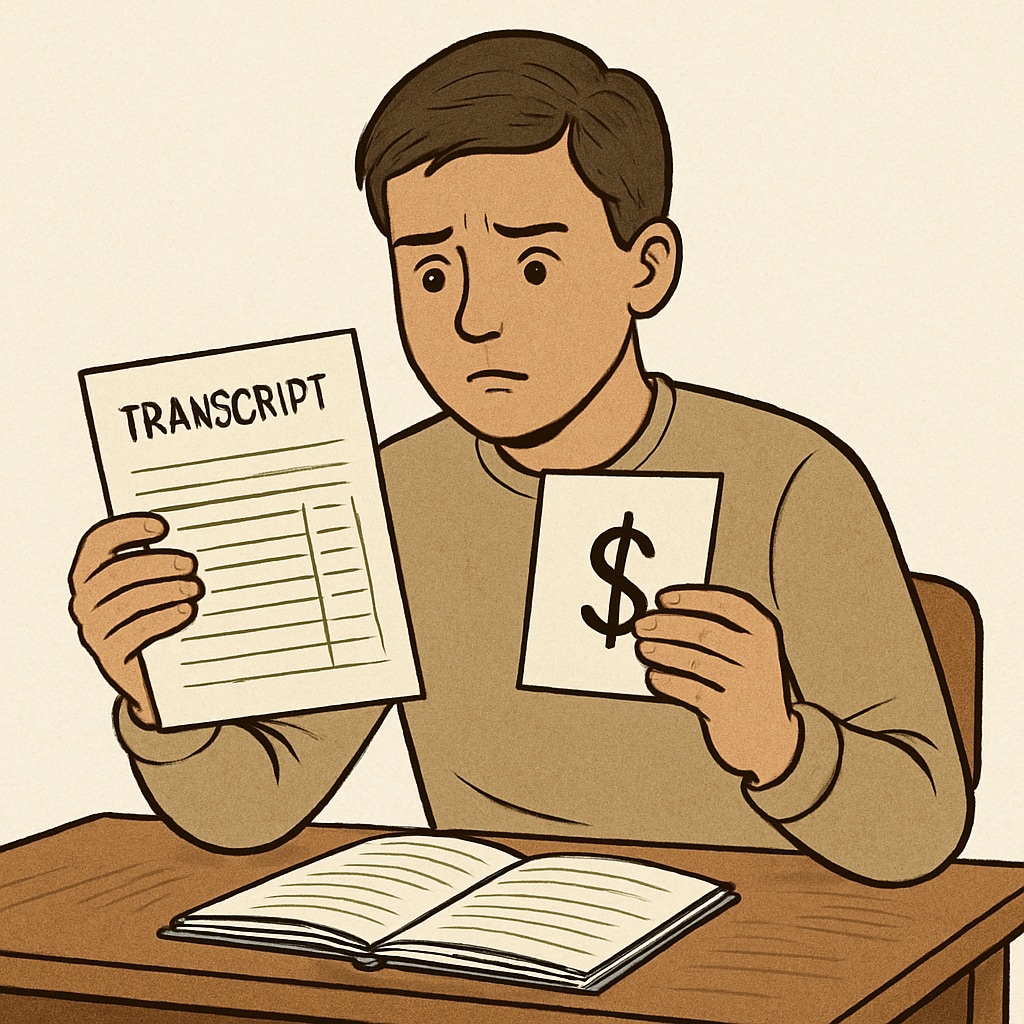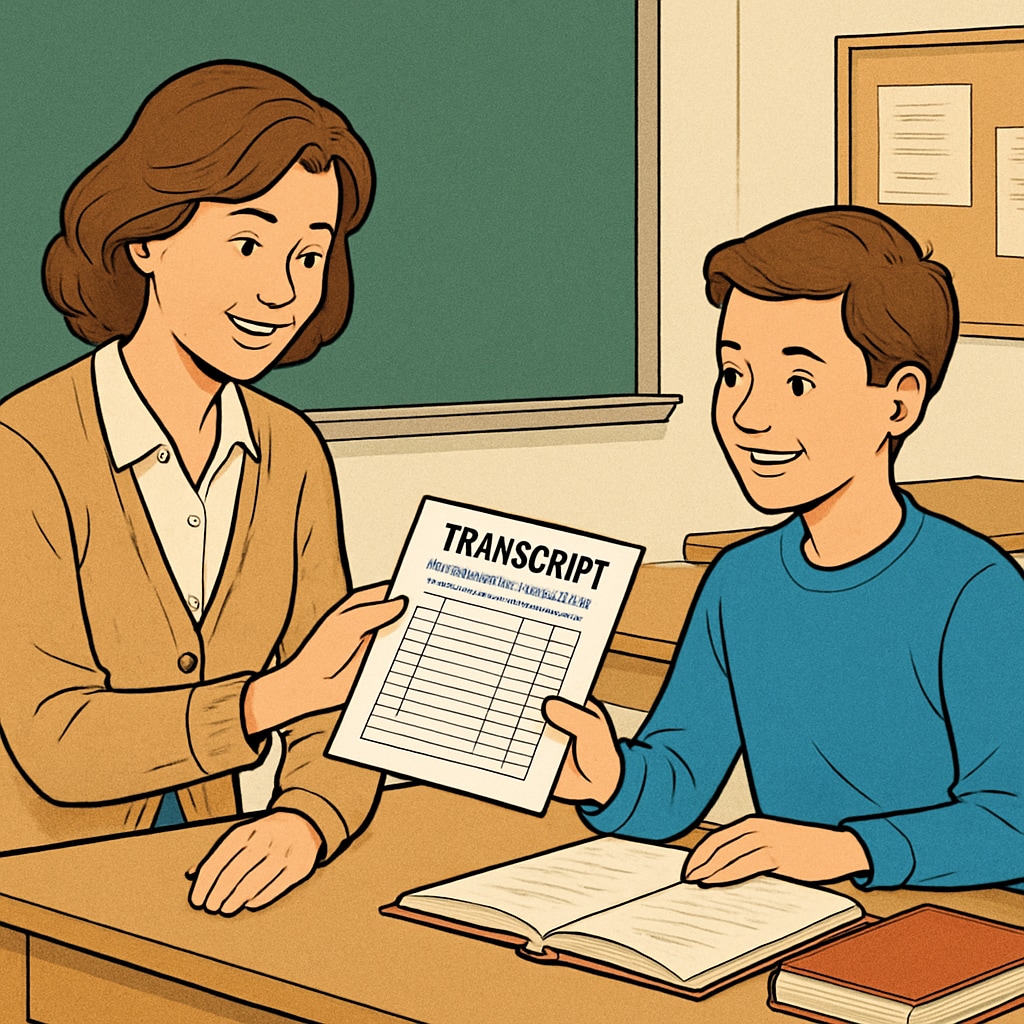For students within the K-12 education system, the ability to access their school transcripts is a critical need. However, financial constraints, such as outstanding balances, often create significant hurdles. This issue becomes particularly pressing for students preparing for standardized tests like the PRC exam (Philippine Regulation Commission exam) or applying to higher education opportunities. Balancing the financial policies of educational institutions with the developmental needs of students raises important questions about fairness and accessibility.
The Importance of Transcripts in a Student’s Academic Journey
Transcripts serve as an official record of a student’s academic performance, detailing their grades, achievements, and completed coursework. They are essential for various milestones, including college applications, job opportunities, and standardized exams like the PRC exam. Without access to this document, students may face delays or even exclusion from academic and professional opportunities. For financially struggling families, the inability to clear outstanding balances can create a vicious cycle where students are unable to progress further in their education or careers.

The Conflict: Institutional Policies vs. Student Needs
Many educational institutions have policies that restrict access to transcripts for students with unpaid balances. These policies are often justified on the grounds of financial responsibility, as schools rely on tuition payments and other fees to sustain operations. However, this approach often disproportionately affects students from economically disadvantaged backgrounds, exacerbating existing inequalities.
According to a report by Britannica, withholding transcripts due to unpaid balances is a common practice across many educational systems. While such policies aim to ensure financial accountability, they often fail to consider the long-term consequences for students who are already struggling. For example, a student unable to submit a transcript for a PRC exam could lose critical time, impacting their career trajectory.
Potential Solutions: Balancing Fairness and Financial Responsibility
Addressing this issue requires a balanced approach that considers both the financial needs of institutions and the rights of students. Below are some potential solutions:
- Flexible Payment Plans: Schools could offer installment-based payment plans, allowing families to pay off outstanding balances over time without restricting access to transcripts.
- Conditional Release: Institutions could implement policies where transcripts are released conditionally for essential purposes, such as applying for scholarships or taking standardized exams like the PRC.
- Emergency Funds: Establishing emergency financial aid programs to assist families in clearing small balances could prevent the withholding of transcripts.
- Government Intervention: Policy changes at the state or national level could mandate that educational institutions prioritize student access to transcripts, regardless of financial status.
Such measures not only address the immediate needs of students but also help institutions maintain a positive reputation by demonstrating a commitment to educational equity.

Global Perspectives on Transcript Accessibility
The issue of transcript withholding is not unique to one country. For instance, in the United States, some states have introduced legislation to prohibit schools from withholding transcripts due to unpaid balances. Similarly, advocacy groups in countries like the Philippines are pushing for reforms to ensure that essential educational documents remain accessible to all students, regardless of their financial situation.
Education policy experts argue that equitable access to academic records is a fundamental aspect of ensuring long-term societal growth. Restricting access to such documents not only hinders individual progress but also impacts the broader community by limiting the potential contributions of talented individuals.
Conclusion: A Call for Fairness and Pragmatism
While financial accountability is an important aspect of running educational institutions, it should not come at the cost of a student’s future. Policies that restrict access to transcripts for students with outstanding balances, particularly when preparing for critical milestones like the PRC exam, raise serious concerns about fairness and equity. By implementing balanced solutions, schools can ensure that all students, regardless of financial status, have the opportunity to achieve their full potential.
In conclusion, the conversation around transcripts and outstanding balances is not just about financial policies but also about the values we uphold in education. Institutions, policymakers, and communities must work together to create systems that are both fair and sustainable, ensuring that no student is left behind due to financial constraints.


